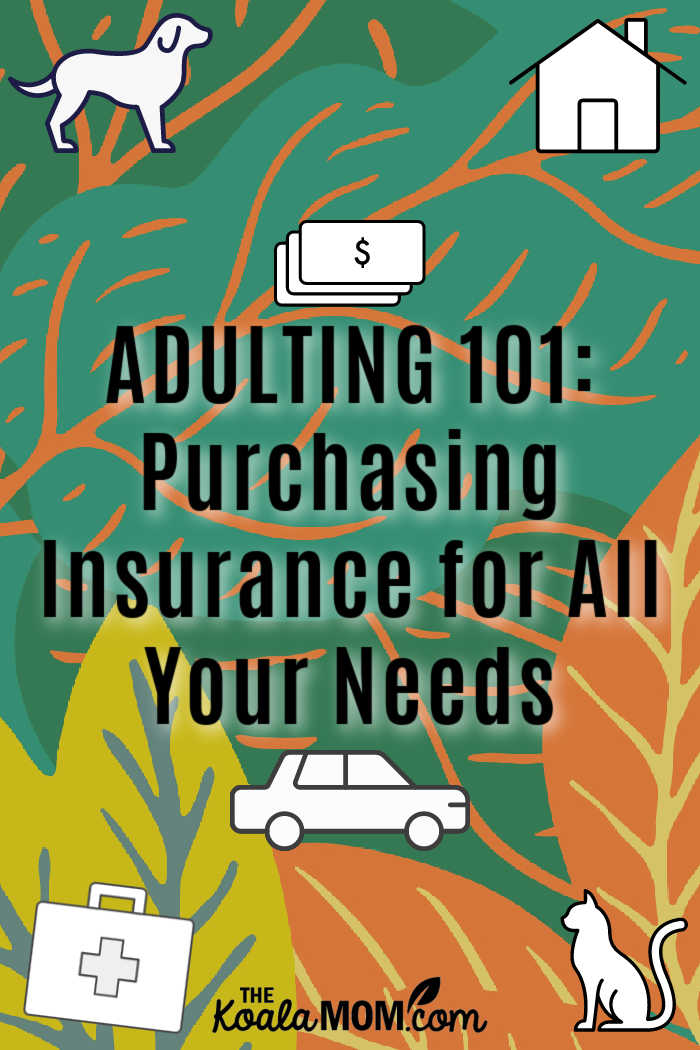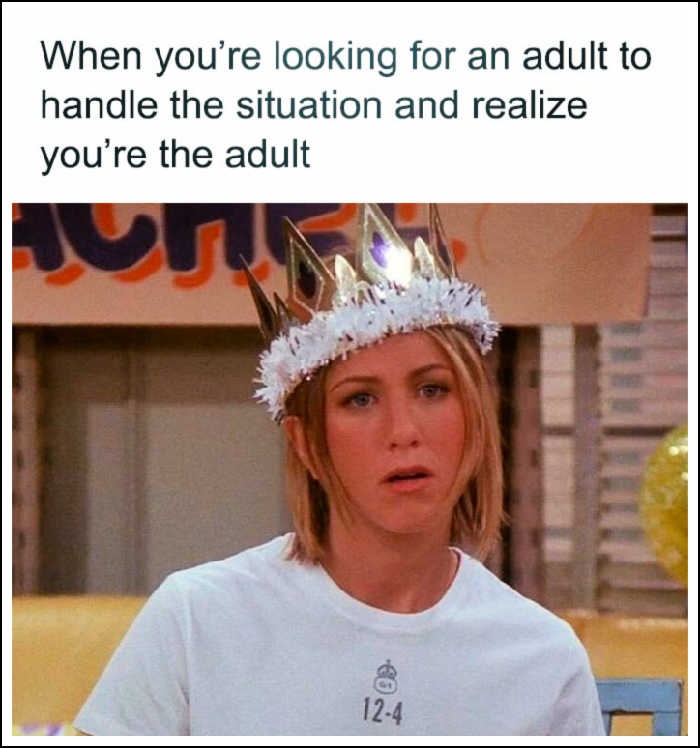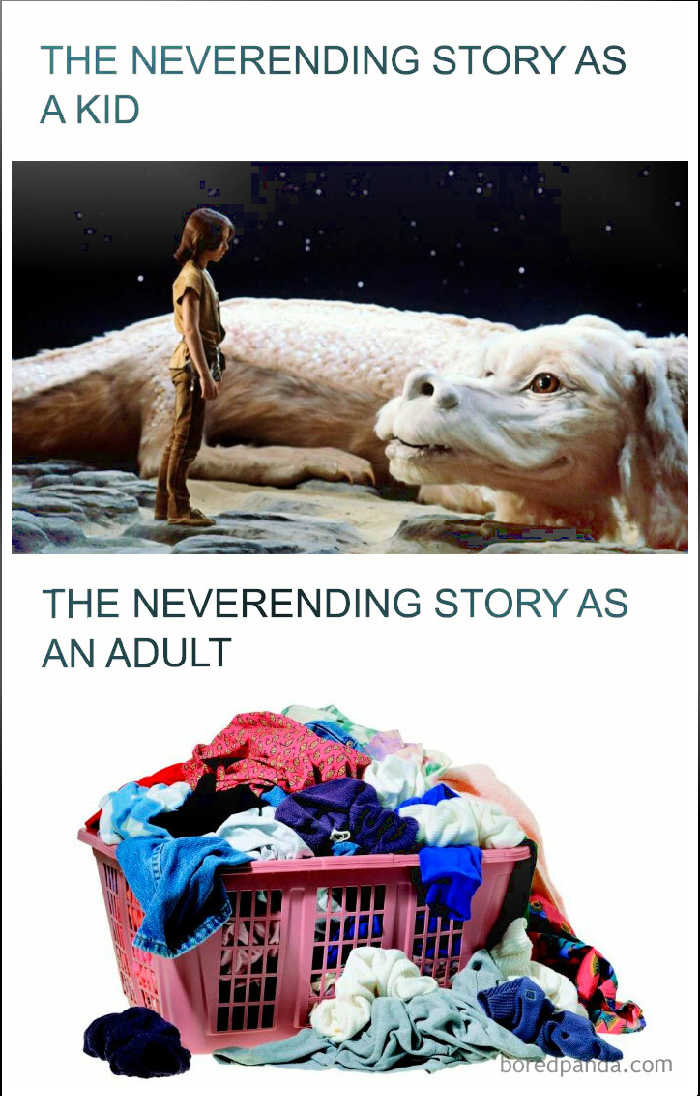When my kids ask me my age, I tell them I’m 30-something. They can’t believe I don’t know my exact age as well as they know their own ages, or that at some point in life, the number attached to the years you’ve lived doesn’t matter quite as much as it once did. Except for the days when I can’t believe I’m that age. I mean, wasn’t I just a teenager reading long books and trying to double-up on school so I could go babysitting for a day? How am I now responsible for five kids, paying the bills, and purchasing insurance for everything around me?
Ah, insurance—one of those parts of adulting that rarely gets talked about. As soon as you move out on your own, it seems you need insurance for everything—your car, your house, your life, your health, your cat. Some of it is more obvious and some of it is easier to figure out. Now that I’ve spent a couple decades buying insurance (gasp—does that reveal my age?), here’s what I’ve learned about purchasing all the insurance you need as an adult.

Why do you need insurance? Insurance is basically like a forced savings program. You pay money monthly or annually and in return, the insurance provider guarantees that in the case of an accident or disaster, you will receive financial help. This small amount of money you pay regularly is easier to budget for than paying larger expenses out of pocket when something unthinkable happens. And of course, if the unthinkable is something big like a house fire, then you may not be able to pay it out of pocket at all. Some types of insurance (such as car insurance) are also required by law.
1 – Whole or Term Life Insurance
When you’re 20-something and heading off to university or your first job, chances are you aren’t thinking about life insurance. However, this is when you should be thinking about this. We were blessed to have someone from our church reach out to us just after we had our first baby to help us sort out our life insurance options. It’s better to get life insurance when you are younger because it’s usually cheaper and you are usually healthier (and less likely to be denied coverage).
There are two options when it comes to life insurance: term life insurance and whole life insurance. You’ll want to get quotes for both types of life insurance and consider which one fits your needs the best.
Term life insurance quotes will give you an estimate for insurance coverage for a set number of years—e.g., five to twenty years. This life insurance will cover you for those years and then expire. If you die during that time, then your loves ones will receive the benefits of the insurance. Even if you’re a single person, this can be helpful as funerals and other matters are expensive. If you have student loans, your term life insurance could pay those off so your loved ones don’t have to deal with them. If you buy a house or have a spouse and kids, then your life insurance will help pay the mortgage and support your family.
Term life insurance can be a great way to “top-up” any life insurance policy offered by your employer. You may want to check any benefits offered by your employer, to see what life insurance coverage is provided there. Then you can purchase extra term life insurance to ensure your family is financially okay in case of your death. If you outlive the policy, then there’s no refund for money paid in.
Whole life insurance provides you with a permanent death benefit as well as possible cash value. You’ll pay premiums for about 20 to 25 years and your insurance will last for your entire lifetime, rather than just a specific term (as above). Whole life insurance can also be a source of equity as you will build cash value (and can contribute money above your premiums to add to this cash value), which you can use during your lifetime. Whole life insurance may be more expensive and may require a longer commitment, but can pay off better in the long run.
Even if you are a stay-at-home mom, you should have life insurance! In this case, the life insurance isn’t about replacing the income you are earning, but rather about replacing the care you provide for your children. Consider how your spouse would be able to care for your children and the home if you were to pass away. He’ll likely have to keep working, place younger children in daycare and hire a housecleaner. One study estimated that the work a stay-at-home mom does is worth a six-figure salary, so consider that when look at life insurance.
You’ll want to speak to a life insurance specialist about your life insurance needs, financial situation, dependents or family members, lifestyle and goals for the future, to help decide which life insurance policy is best for you. Your specialist will likely provide you with several term life insurance quotes and whole life insurance quotes so you can purchase the insurance that fits your budget and needs.

2 — Health Insurance
Just as many of us take our own lives for granted, we may also take our health for granted. Here in Canada, most provinces have a provincial healthcare plan that covers many of our basic healthcare needs. We don’t have to pay out of pocket for a trip to the hospital or a visit to the doctor. Your employer may also carry health insurance that covers basic dental care or eye exams.
Before purchasing health insurance, check what you are already covered for. Review your employer’s health insurance policy, if applicable. If you are still a student, you may be covered by a parent’s health insurance policy. If not, then you will want your own health insurance policy. It’s better to pay a small sum every month to ensure you can go to the dentist when necessary than to have to come up with several hundred dollars for an unplanned dental visit.
Once you know what your current insurance covers, you’ll want to consider what insurance you need. Do you have any medical conditions that require prescription drugs? Are your teeth prone to cavities? Do you require glasses or contact lenses? Do you see a chiropractor, naturopath or registered massage therapist? Are you pregnant, as prenatal costs can add up? Write a list of your healthcare needs and then ensure that your healthcare insurance will cover those needs.
For example, I rarely purchase prescription drugs, but I do have recurring back pain that is greatly helped by visits to an RMT. When I purchased my health insurance, I went with the bare minimum coverage for prescription drugs but ensured that I’d be able to use my health insurance for holistic health providers. For individuals seeking comprehensive coverage, exploring options like a Medicaid supplemental benefit provider can offer tailored solutions to ensure broader healthcare access and financial protection.

3 – Disability Insurance
Again, most of us don’t usually think about the fact that we may face short or long-term health problems that could leave us unable to work. Unfortunately, I have several friends who are on long-term disability, and have faced various struggles in claiming disability insurance from the government or their employer. Your employer may offer short-term disability insurance for you, but few employers offer long-term disability insurance. Once you enter the work force, you should look at your coverage and decide if you need extra insurance in this area to ensure an income in case of long-term health problems.
4 – Home or Rental Insurance
Whether you rent or own your home, you need home insurance. This will protect you in the case of fire, flood, bad weather, or other natural disasters.
If you are a renter, then you are insuring the contents of your home. Many landlords require this as part of the rental agreement. You may want to make an itemized list of the contents of your home—furniture, appliances, books, jewelry, electronics, etc.—that you would have to replace in case of disaster. Estimate the value of each item or what it would cost you to replace it. That is the amount of insurance you need to purchase.
If you own your home, then you’ll want to insure the contents of the home as well as the home itself. If you own a condo or townhouse, your strata will carry insurance coverage for some parts of your building and you will be required to have insurance for your own unit. You’ll want to review your strata agreement to see what insurance is covered by the strata and what insurance you need to purchase yourself. If you own a home, then you’ll need more insurance to cover things like roof damage. You’ll still also want to insure your home’s contents, as above.
Once again, you’ll want to take some time to shop around for insurance and compare rates and what is offered by each insurance company. You may also want to speak to friends or read reviews to make sure that the insurance company is easy to deal with and pays claims out quickly. Thankfully, in all our years of having home insurance, we haven’t yet had to make a claim, but you never know when something can happen.

5 – Car Insurance
This may actually be the first insurance you purchase for yourself. With your first car comes responsibilities, like paying for the gas and the repairs and the insurance. Here in BC, you simply walk in ICBC and ask for insurance. In other states or provinces, you can shop around for car insurance just as you’d shop around for home, health and life insurance. If you live in Ohio, it’s essential to compare car insurance quotes in Ohio to find the best coverage and rates. Take time to research for options to save money while ensuring you’re fully protected.
There are various factors that affect your car insurance rates. Some of these you can’t control, such as your age or your gender (young male drivers pay the most for their insurance). Other factors are within your control. For example, some makes or models of cars are cheaper to insure, so consider this when you are shopping for a new vehicle (that sporty red car may look like fun, but may cost you more in insurance). If you drive your car further (for example, if you have a long commute to work or school), then you’ll pay more for insurance. Of course, the biggest factor in your insurance premiums is your driving record. A clean driving record will do the most to reduce your premiums over time.

6 – Pet Insurance
Just as you need health insurance for yourself, you should also get health insurance for your pet. While having a cat or dog can be a lot of fun, pets can also cost a lot if a veterinary visit is required. For example, my mom’s dog was attacked by another dog while they were out on a walk. My mom’s dog ended up at the vet with a bad puncture wound, and my mom was out a few hundred dollars for the visit. The other dog owner should have covered that expense, but pet insurance would also ensure that such unexpected incidents don’t have to be paid out-of-pocket.
The cost of pet insurance will vary by what type of pet you have and whether your pet lives primarily indoors or outdoors.
Start adulting and purchase your insurance!
There you have it—six types of insurance you should have as an adult. Of course, what insurance you’ll need at what age will vary slightly. You may never need pet insurance or car insurance, but everyone should have health insurance and some form of life insurance. And while you may regularly claim your health or pet insurance, we all hope we never actually need to use our home or disability insurance. Aside from the legal requirements to purchase insurance, having insurance is one way to budget for or manage unpredictable expenses ahead of time.
What questions do you have about purchasing insurance? What was the first type of insurance you purchased?

No Responses Yet